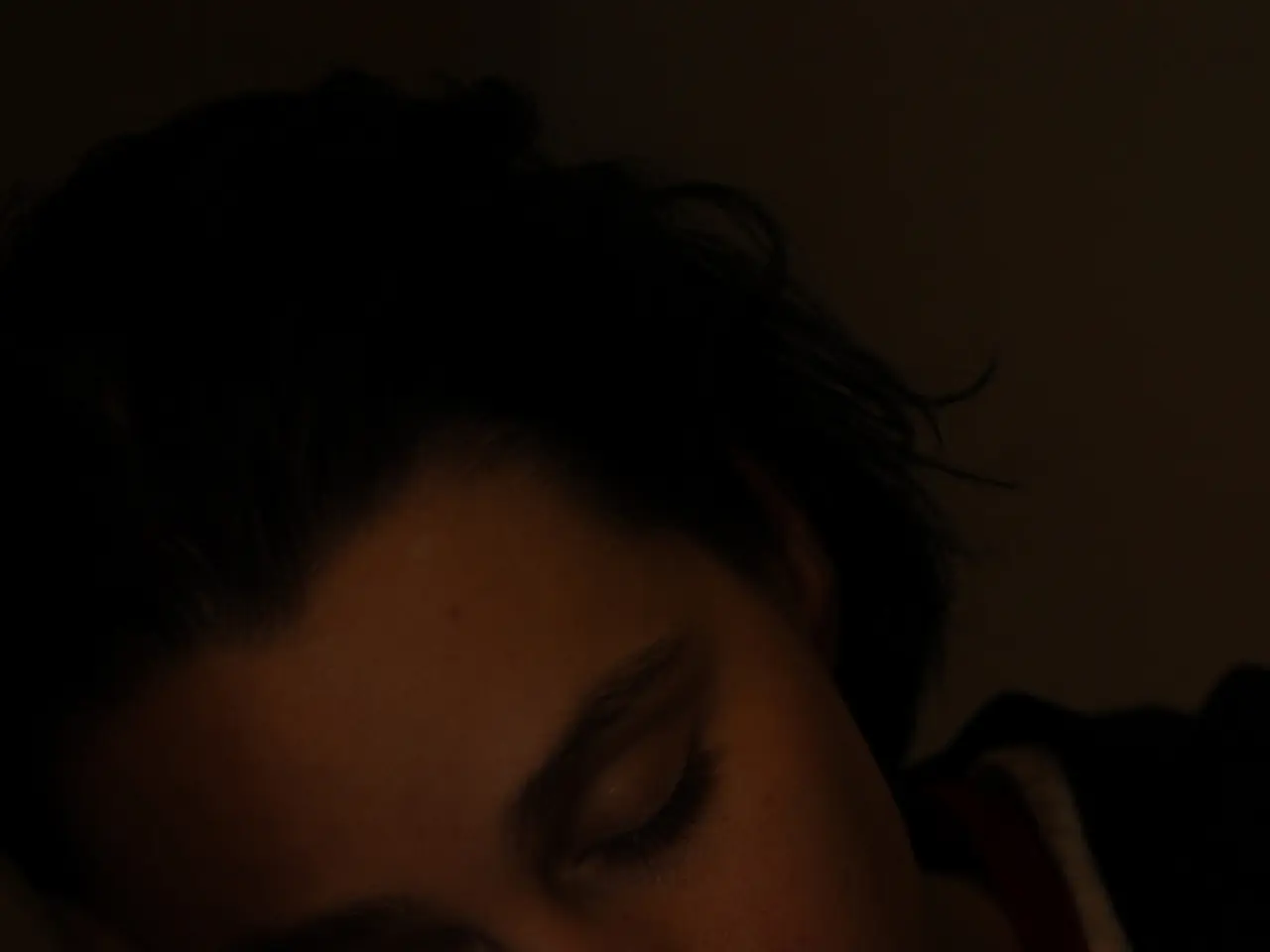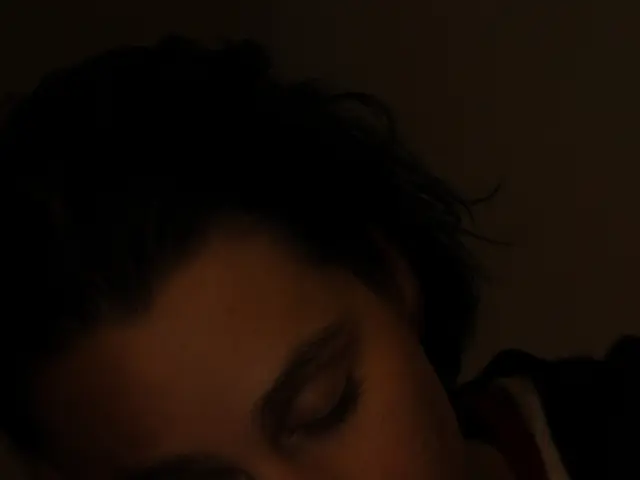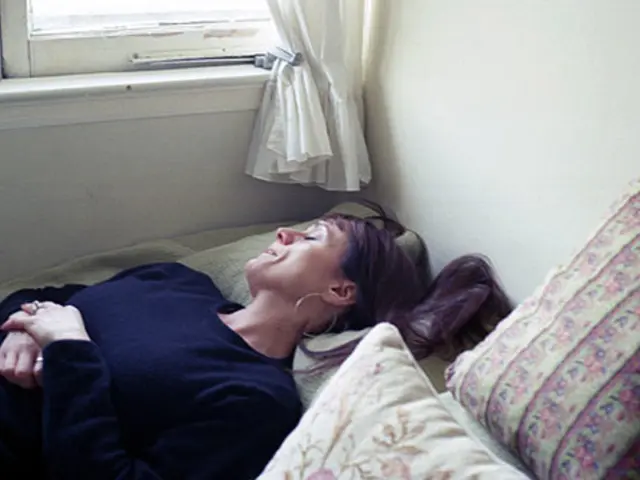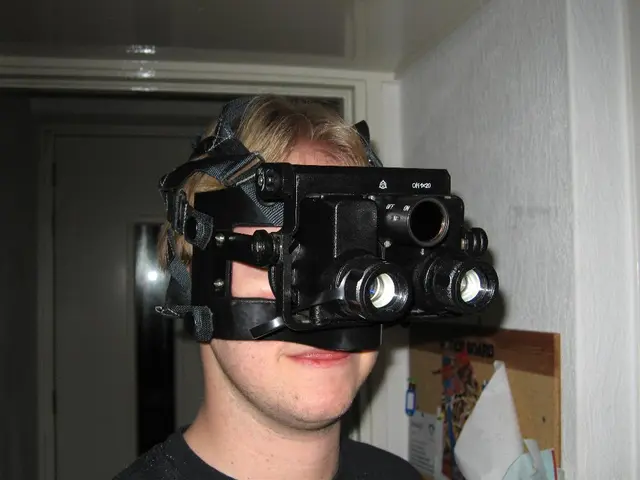Sleepless Night Impacts Health and Social Behavior
A sleepless night can have significant impacts on both physical and mental health. It's estimated that at least 40% of the world's population experiences symptoms such as mental slowness, loss of attention, and information retention problems. These issues can be exacerbated by emotional control deterioration and increased cortisol levels, which can compromise the immune system and alter pain response.
Research has shown that a sleepless night can also affect social behavior. Individuals may be more prone to interpreting others' behaviors negatively and show less generosity and social warmth. However, there are ways to mitigate these effects. A protein-rich breakfast can help stabilize glucose levels and prevent energy ups and downs. A short nap, preferably in the early afternoon, can restore mental clarity and help regulate emotions. Outdoor exercise and light exposure within 90 minutes of waking can also help recover from a sleepless night by activating the body's natural pathways to rebalance. Additionally, caffeine intake between 9:30 and 11:30 AM can temporarily counteract sleep pressure caused by increased adenosine levels in the brain.
The consequences of a sleepless night are far-reaching, affecting not just the individual but also their interactions with others. While these effects can be mitigated with strategies such as a protein-rich breakfast, a short nap, outdoor exercise, and caffeine intake, it's clear that prioritizing sleep is crucial for overall mental health.
Read also:
- Actively Black's Lanny Smith Declares NYFW Show 'Not a Fashion Show', but a Civil Rights Tribute
- Upper Dublin Launches Tech Trek: A Digital Well-being Resource for Families
- iPhone Battery Life: Set Charging Limit to 90% or Less to Prolong Battery Health
- Historian Ute Frevert Explores 'Constitutional Feelings' Among Far-Right AfD Voters








